For Product Registration and general enquires please contact us
Three Sisters Mix
$9.99 – $15.99
Corn, beans, and squash have been grown together for centuries in the Americas. This is a special blend of all three, conveniently packaged in a single packet.
Shipping & Returns
West Coast Seeds ships anywhere in North America. However, we are not able to ship garlic, potatoes, asparagus crowns, bulbs, onion sets, Mason bee cocoons, or nematodes outside of Canada. We regret, we cannot accept returns or damages for orders outside of Canada. The minimum shipping charge to the US is $9.99.
Description
More details about Three Sisters Mix
Corn, beans, and squash have been grown together for centuries in the Americas, and for good reason: they naturally work in concert with each other. Corn provides a growing support for the beans, which in turn provide nitrogen for the corn and squash. The large leaves of the squash provides shade that help to conserve moisture in the soil and control weeds. The seeds of each type of vegetable can also be saved from year to year, provided they are isolated from cross-pollination. All three plants are heat lovers, so wait until the soil has warmed up in late spring when the soil is consistently 18°C (65°F) to direct sow. Start by planting the corn seeds 30cm (12″) apart in as close to a grid shape as possible. Sow the bean seeds outside the perimeter of this grid. Sow the squash seeds at the corners of the grid so they are also 30cm (12″) from the nearest corn seed. Alternatively, start all the seeds indoors 3-4 weeks before planting out, and aim for the same kind of spacing. It may look sparse at first, but these are fast growing plants. They are all heavy feeders, so they do best in rich soil amended with organic fertilizer.-
- A special blend of corn, beans and squash in one packet
- Open-pollinated seeds
All About Three Sisters Mix
Latin
Bean: Phaeolus coccineus
Corn: Zea mays
Squash: Cucurbita maxima
Difficulty
Moderately easy, but challenging due to space requirements.
Season & Zone
Season: Warm season
Exposure: Full-sun
Timing
The Three Sisters are heat lovers, so wait until the soil has warmed up in late spring when the soil is consistently 18°C (65°F) to direct sow. If the soil is not warm enough, seeds may rot before sprouting. Warmer soil improves germination. If spring weather is cold, plant indoors with bottom heat, and transplanting once weather warms. Seeds should germinate in 7-14 days. Alternatively, start all the seeds indoors 3-4 weeks before planting out.
Starting
Start by planting the corn 30cm (12″) apart in a dense block of at least 4 rows. Sow the beans outside the perimeter of this grid. Sow the squash at the corners of the grid so they are also 30cm (12″) from the nearest corn. It may look sparse at first, but these are large and fast-growing plants.
Growing
All three plants are heavy feeders, so they do best in rich, well-drained soil amended generously with organic fertilizer. For more detailed information, see:
Days to Maturity:
From direct sowing.
Seed Info
In optimal conditions at least 75% of seeds will germinate. Usual seed life: 2-3 years.




How to Grow Three Sisters Mix

Step 1: Timing
The Three Sisters are heat lovers, so wait until the soil has warmed up in late spring when the soil is consistently 18°C (65°F) to direct sow. If the soil is not warm enough, seeds may rot before sprouting. Warmer soil improves germination. If spring weather is cold, plant indoors with bottom heat, and transplanting once weather warms. Seeds should germinate in 7-14 days. Alternatively, start all the seeds indoors 3-4 weeks before planting out.
Step 2: Starting
Start by planting the corn 30cm (12″) apart in a dense block of at least 4 rows. Sow the beans outside the perimeter of this grid. Sow the squash at the corners of the grid so they are also 30cm (12″) from the nearest corn. It may look sparse at first, but these are large and fast-growing plants.
Step 3: Growing
All three plants are heavy feeders, so they do best in rich, well-drained soil amended generously with organic fertilizer. For more detailed information, see:
Step 5: Harvest
Bean: Beans can be picked as green beans when plump, and are tender and tasty when small. Beans can be dried but make sure to dry beans are cooked thoroughly. Corn: When the silks at the end of an ear are a dry brown, the cob seems to start to droop, and the kernels release milky juice when cut. Squash: Fruit is ripe if your thumbnail doesn’t mark the skin and the stem is dry and brown. Cut the stem about 4cm (2″) from the fruit. Squash can survive a light frost, but store better if harvested before frost.Additional information
| Matures | in 70-75 days |
|---|---|
| Season | Warm season |
| Exposure | Full-sun |
| Quantity | 25g, 100g |
You must be logged in to post a review.




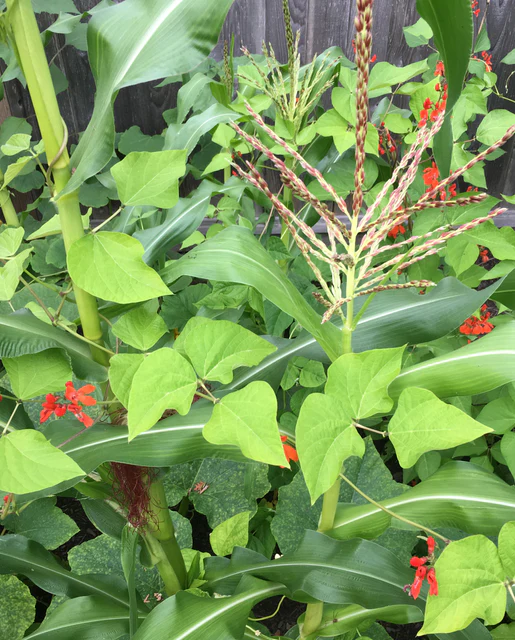
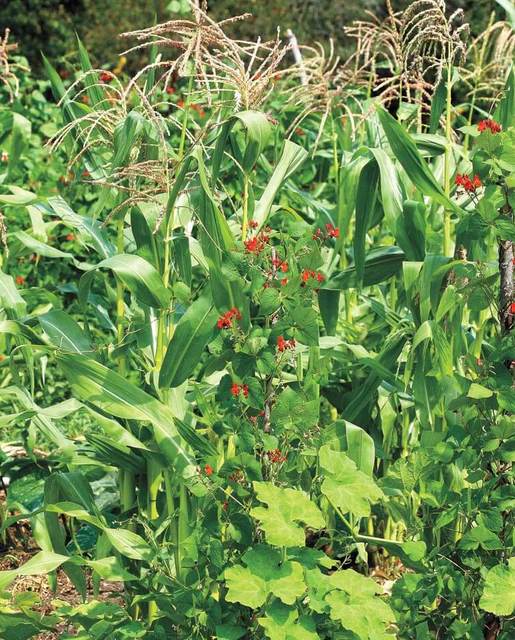
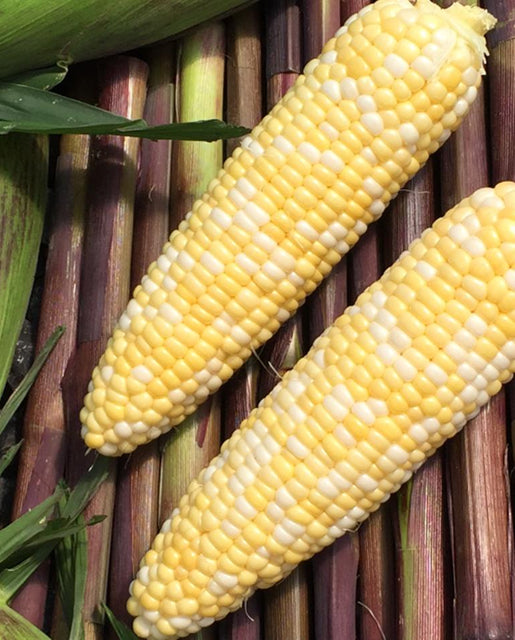
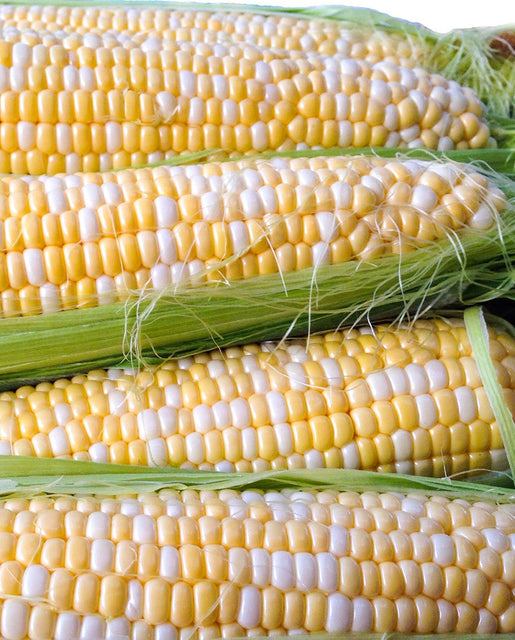
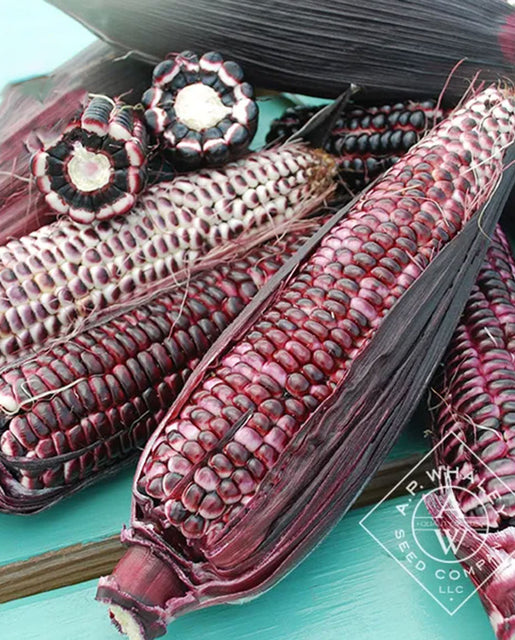
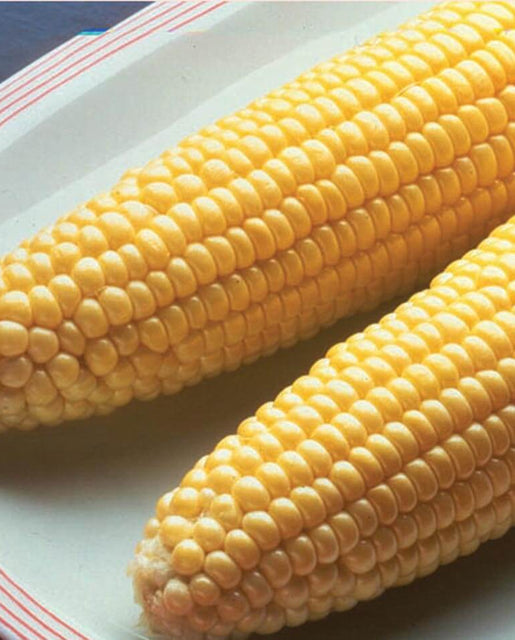




Reviews
There are no reviews yet.